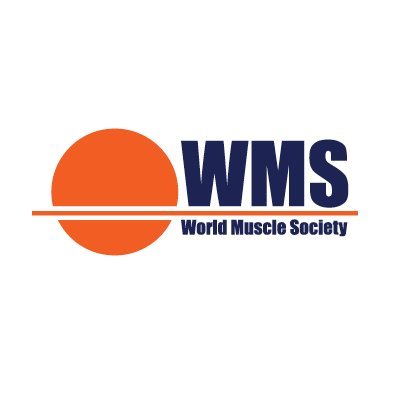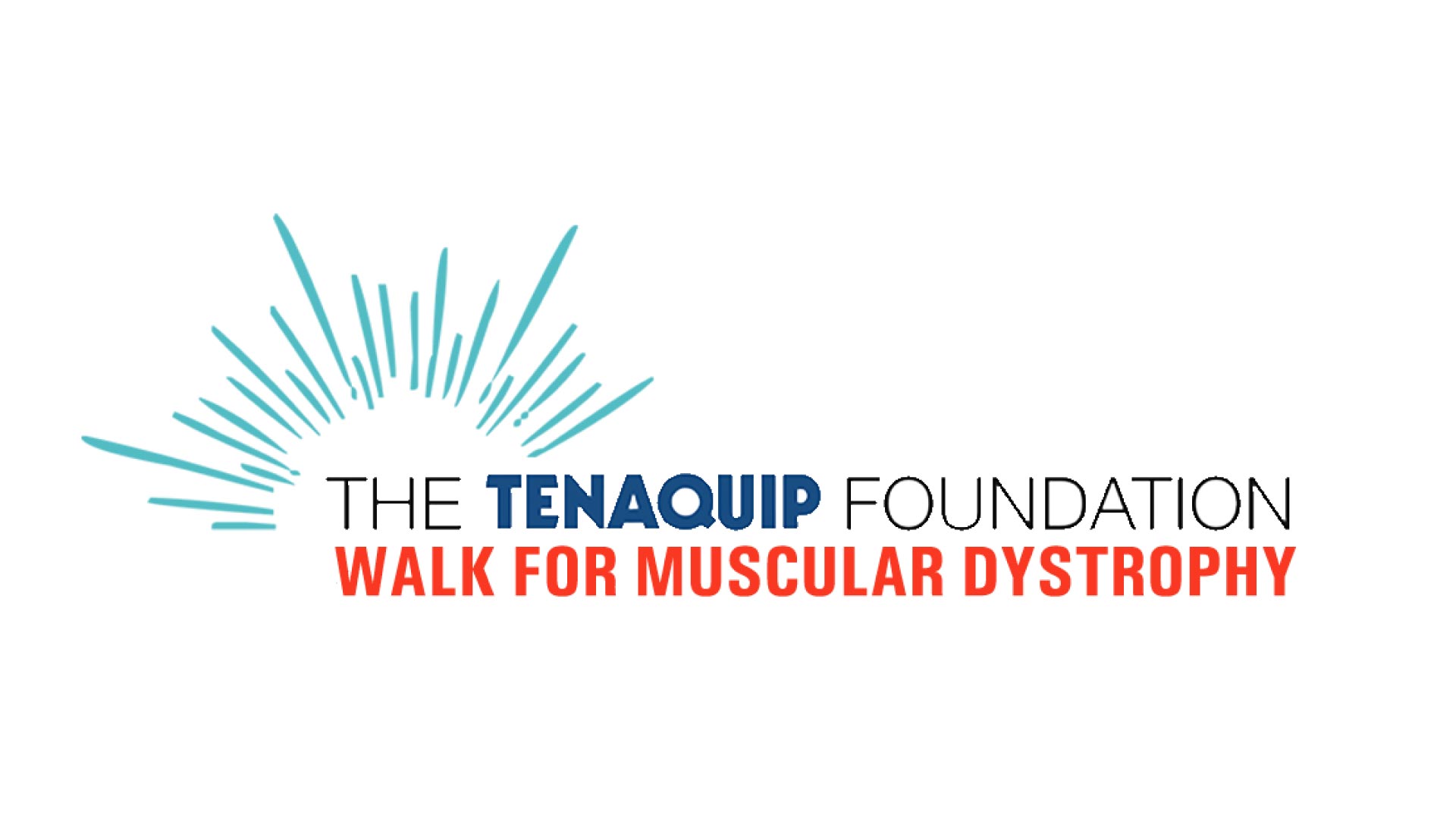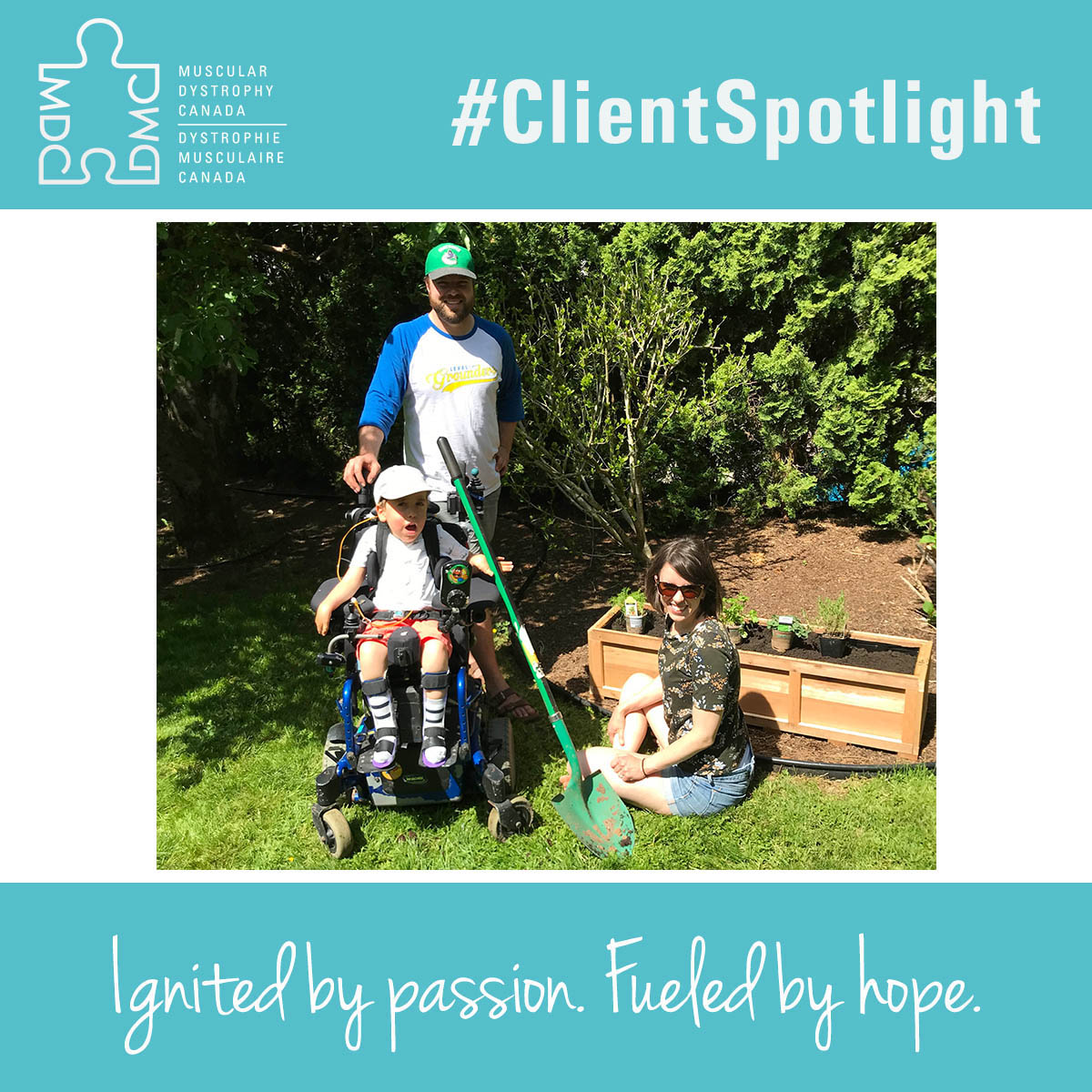February 14, 2020
Dr. Mitchell Levine
Chairperson
Patented Medicines Prices Review Board
333 Laurier Avenue West, Suite 1400 Ottawa, Ontario K1P 1C1
Email: PMPRB.Consultations.CEPMB@pmprb-cepmb.gc.caDear Dr. Levine:
Muscular Dystrophy Canada is thankful for the invitation to attend the PMPRB Consultation meeting in Ottawa on December 10, 2019 and for the opportunity to respond to the Draft Guidelines Consultation.
Muscular Dystrophy Canada leads Canada’s neuromuscular community as the central axis in a complex health services, policy, and information ecosystem that surrounds and support our core concern: Canadians with neuromuscular disorders. Muscular Dystrophy is the umbrella name used to cover the 160-plus known neuromuscular disorders today. While the disorders we represent are individually rare, they are collectively common, impacting more than 50,000 Canadians from coast to coast. These disorders weaken the body’s muscles, or the communication between the nerves and the muscles. The causes, symptoms, age of onset, severity and progression vary depending on the individual and the exact diagnosis. For many individuals, the disorder is fatal. Currently, there is no cure for these disorders. We believe that neuromuscular disorders will one day be cured (with treatments and therapies), and that our organization will be a positive contributor to that outcome by: investing in innovative research that has potential for real-world impact; providing programs and support services for those impacted by neuromuscular disorders, their caregivers and families, health professionals and researchers; and remaining committed to advocating for fair and patient-centric policies that improve the lives of all Canadians with neuromuscular disorders.
Currently, the range of treatments and therapies available to support impacted individuals can come with a heavy financial burden and a significant economic impact. As an organization, we are passionate in the belief that every Canadian with a neuromuscular disorder deserves to benefit from leading-edge discoveries in the research field in a timely manner and equal access to the best treatments. Muscular Dystrophy Canada together with members of its Medical and Scientific Advisory Committee are of the strong belief that, if PMPRB guidelines are enacted as proposed, the amendments may result in unfavorable consequences as described below:
Significant decreases in price will result in delays in manufacturers launching their product in Canada and this will have a negative impact on the overall length of time that it takes for Canadians to have access to new medicines in Canada, if at all. We are seriously concerned that Canadians with neuromuscular disorders will, in fact, see a decline in innovative medicines access. Members of our Medical and Scientific Committee Dr. James Dowling (Hospital for Sick Children, Toronto), Dr. Ronald D. Cohn (Hospital for Sick Children, Toronto), and Dr. Craig Campbell (Children’s Hospital London Health Sciences Centre, London) together published an article in April 2018 in the Journal of Medical Genetics that emphasizes: “many exciting treatment approaches are currently in clinical trial, and several have achieved conditional or full market approval in various regions of the world. Many other treatments are in the pipeline, and we predict that over the next decade meaningful therapies will become widespread across the neuromuscular disease spectrum.”
In addition to compromising timely access to new therapies for patients with neuromuscular disorders, Muscular Dystrophy Canada is profoundly concerned about the impact the pricing changes will have on the health research infrastructure of Canada. Although PMPRB confidently notes that pricing is not a significant determinant to bringing clinical research to Canada, the Life Sciences Ontario (2019) survey says otherwise. In that survey, 91% of pharmaceutical executives said the changes would have a negative effect on clinical research in Canada, with 44% saying the negative effect would be “significant.” There will be significant adverse impact of the proposed changes on research incentives and investments, which is important as we are on the verge of life-changing therapies and treatments for individuals with neuromuscular disorders.
While we support the efforts to lower the costs of prescription drugs for Canadians, we strongly believe that this must be done in a way that ensures timely access by Canadians to new medicines and to clinical studies of new medicines. Our recommendations are in line with those proposed by Health Charities Coalition Canada (HCCC) and we strongly echo the discussion outlined in their thorough and carefully well thought-out submission. We suggest you carefully review our submissions and take into account these four key recommendations:
Recommendation #1:
That the PMPRB undertake a stepwise approach to its proposed changes by initially enacting only the changes to the comparator countries. Once the impact of this change is fully understood and if the objective of lowering Canadian prices sufficiently has not been met, then other new elements could be considered.
Recommendation #2:
That a multi-stakeholder dialogue be established to evaluate the impact of the changes on availability of medicines and specifically to inform any decision on whether and how to implement the use of the new economic criteria.
Recommendation #3:
That the Federal Government require PMPRB to hire a third party to conduct a formal assessment of the potential and real-time impacts of the reforms on research investment and activity in Canada (including clinical trials).
Recommendation #4:
That the Federal Government require that PMPRB, along with other appropriate agencies, immediately establish a formal mechanism for meaningfully and continuously engaging patient representatives in its decision-making and processes to ensure patient voice, choice and representation.
Thank you for the opportunity to review the guidelines and provide comments. We remain committed to working with the Federal Government and the broader stakeholder community in defining an implementation and evaluation process that will address both cost savings and access
to innovation that will optimally serve the needs of individuals with neuromuscular disorders in Canada. We wish our feedback will be taken into consideration as you prepare the final guidelines and we would be happy to answer any questions you might have.
Kind Regards,
Muscular Dystrophy Canada
 and the Children’s Hospital of Eastern Ontario demonstrates the profound impact newborn screening has on the quality of lives of children born with spinal muscular atrophy (SMA). We know that for these children, promising outcomes are possible with a timely diagnosis and early access to care and treatment. We applaud Ontario for recognizing this and being the first province to add SMA to their screening panel.”
and the Children’s Hospital of Eastern Ontario demonstrates the profound impact newborn screening has on the quality of lives of children born with spinal muscular atrophy (SMA). We know that for these children, promising outcomes are possible with a timely diagnosis and early access to care and treatment. We applaud Ontario for recognizing this and being the first province to add SMA to their screening panel.”

 I also have Becker’s Muscular Dystrophy. I wanted to share my story with dedicated donors, like you, because you’re having a profound impact on the lives of so many people affected by neuromuscular disorders – in ways that you may not even realise. And for that you deserve much gratitude and thanks.
I also have Becker’s Muscular Dystrophy. I wanted to share my story with dedicated donors, like you, because you’re having a profound impact on the lives of so many people affected by neuromuscular disorders – in ways that you may not even realise. And for that you deserve much gratitude and thanks.

 meant. But the doctor told us that my nervous system is slower and doesn’t work as well as other kids’.
meant. But the doctor told us that my nervous system is slower and doesn’t work as well as other kids’. learn how to dance so my mom signed me up for dance classes. She didn’t want to wait because one day I might be in my wheelchair full-time and dance classes would be very different.
learn how to dance so my mom signed me up for dance classes. She didn’t want to wait because one day I might be in my wheelchair full-time and dance classes would be very different. 





